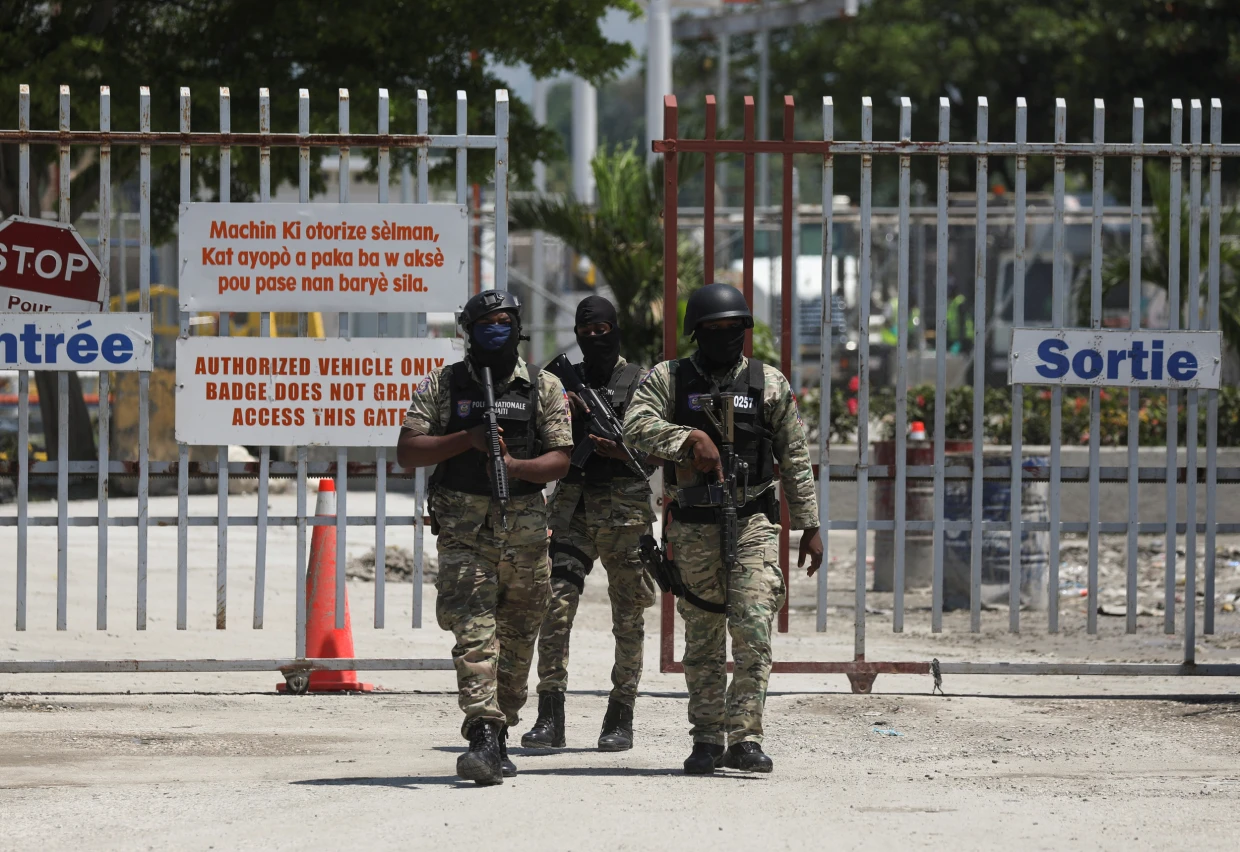This news article is a production distributed through Caribbean News Service. It is made freely available to your media and we encourage publishing and redistribution, giving credit to Caribbean News Service (CNS).
CARACAS, Venezuela, Dec 07 2015 – Venezuela’s fractious opposition won a crushing victory in legislative elections over President Nicolás Maduro’s socialist party, as voters rejected the system created by the late leader Hugo Chávez 16 years ago, officials announced Monday.
The opposition’s Democratic Unity coalition won at least 99 of the 167 seats in the National Assembly. And the ruling United Socialist Party of Venezuela won 46 seats, the National Electoral Council said.
The opposition needs to win 13 of the 22 remaining races to gain a two-thirds super-majority required to rewrite laws and possibly start a recall referendum to oust Maduro before his term expires in 2019. With a simple majority, the coalition can pass an amnesty law to free political prisoners.
Turnout for Sunday’s vote was 74 percent of the country’s 19 million eligible voters — the highest for congressional elections since the 1990s, when compulsory voting ended, according to the electoral council.
“It’s a huge win for the opposition,” said David Smilde, a senior fellow at the Washington Office on Latin America, a human rights advocacy group. “It’s worrying that 22 seats haven’t been decided, as that makes the difference as to what the opposition can do.”
“We accept the results,” a somber-looking Maduro said, as key members of his government looked on. “Today the opposition hasn’t triumphed. No, it is a victory for the counter-revolution. May they manage this triumph well, and hopefully they will take into account the needs of millions of people.”
He blamed his party’s loss on an “economic war” being waged against his government by the country’s business elite that he called “parasitical bourgeoisie.”
Opposition leader Henrique Capriles, who is governor of Miranda state, said on Twitter late Sunday, “Venezuela won.”
Capriles, 43, had narrowly lost the presidency to Maduro in a special election in April 2013 after Chávez died. Maduro, 53, a former bus driver handpicked by the cancer-stricken Chávez, has been blamed for Venezuela’s economic woes.
On Sunday before the results were released, Maduro pledged to work with the incoming National Assembly and said he would schedule working meetings with the new deputies to smooth the transition.
Capriles said after casting his ballot, “The government has used state funds to finance their campaigns.” He stressed that all changes “must be made legally, constitutionally and peacefully.”
Maduro had asked Venezuelans to support the socialist party candidates to protect Chávez’s legacy — the anti-capitalistic movement of giving more to the poor called Chávismo — while promising to boost pensions, scholarships and public housing.
Even with the Democratic Unity’s victory, Maduro and his party could make it difficult for an opposition-dominated assembly to govern. The outgoing assembly could grant Maduro special powers to rule by decree. Such a decision would certainly be challenged in the Supreme Court, where Maduro’s supporters are in the majority.




